Best eSIMs for international travel: Compare plans, coverage & fees
Compare the best eSIMs for international travel. Our guide covers top providers, plans, pricing, and key factors to help you stay connected abroad.

This is intended to serve as a general guide. Always check with official sources for the latest government and health advice.
Opting for tap water is often the most eco-friendly and cost-effective way to stay hydrated while traveling. But when you're in a new country, knowing if the tap water is safe is crucial to avoid any unexpected health risks. If you're headed to Iceland, you're likely wondering: is its tap water safe to drink?
The quick answer is yes. This guide will clearly explain why Iceland’s tap water is safe, and detail its quality to help you prepare for your trip. We’ll also introduce the Wise card, a useful travel companion to help you save on spending during your time there.
| Table of contents |
|---|
Yes, tap water in Iceland is generally safe to drink according to the Ministry of Food and Agriculture.¹ The quality meets the stringent standards of the Regulations of Drinking Water and EU Water Framework Directive, making it safe to drink directly from the tap throughout the country.2
While some residents may still choose bottled water, this is typically for personal preference rather than a concern about safety. As a practical tip, always check if your specific tap is safe for drinking. Although the public water supply is reliable, older building plumbing or other disruptions could affect the water quality.
The primary official government authorities responsible for tap water quality and regulation include the Environment Agency of Iceland (Umhverfisstofnun) and the Icelandic Food and Veterinary Authority.3 They oversee the implementation of the Regulation on Drinking Water, which sets the legal framework and quality standards, transposing EU directives.
Iceland's tap water supply predominantly comes from groundwater, sourced from boreholes and springs.2 This water is naturally filtered through volcanic rock formations, which contributes to its exceptional purity. As the water is so naturally clean, it requires minimal treatment, often limited to disinfection methods like UV light and minimal chlorination.4
Iceland's tap water is generally soft, with a very low mineral content due to its volcanic origin and natural filtration. The drinking water is alkaline, with a ph of 6.5-9.5, with a low concentration of magnesium and calcium ions.2
The general taste profile is described as exceptionally clean, fresh, and neutral, often characterised as pristine. A chlorine taste is rarely noticeable due to the minimal treatment required for the water's natural purity.
Staying hydrated is key to a great trip, and so is managing your travel budget wisely in Iceland. The Wise card is a simple way to save when you're spending internationally, be it on bottled water, food or shopping. You can spend in 150+ countries, including Iceland, at mid-market rate — basically the rate you see on Google. With no foreign transaction fees and low, transparent pricing, Wise usually gives you the best value for your money.
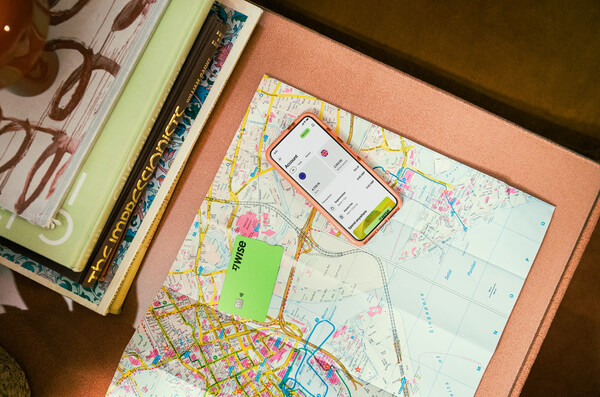
Simply create a Wise account for free, order a card and top-up to get started. Having a physical Wise card allows you to make chip and pin payments, as well as make some free ATM withdrawals each month for when you're in Iceland. You can get digital cards and add to your Google or Apple Pay wallet for instant use. Spend directly with the Wise account and let auto-conversion do the trick. You can hold and exchange 40+ currencies in your Wise account and spend the currencies you hold for free.
Wherever your travel takes you, the Wise card makes spending money abroad cheaper and easier.
This general advice does not take into account your objectives, financial circumstances or needs and you should consider if it is appropriate for you.
Please see Terms of Use and product availability for your region or visit Wise Fees & Pricing for the most up to date pricing and fee information.
No, boiling tap water in Iceland is not necessary. It is generally safe and drinkable without boiling, as it is subject to strict quality controls that ensure its safety.¹
The tap water is consistently pure across the country, with its excellent taste primarily stemming from its natural source.4
Yes, the ice served in restaurants and bars is generally safe to consume, as it is made from the public water supply, which is deemed safe to drink.¹
Some people in Iceland may use water filters primarily for personal taste preference, although the high quality of the water makes this unnecessary.
*Please see terms of use and product availability for your region or visit Wise fees and pricing for the most up to date pricing and fee information.
This publication is provided for general information purposes and does not constitute legal, tax or other professional advice from Wise Payments Limited or its subsidiaries and its affiliates, and it is not intended as a substitute for obtaining advice from a financial advisor or any other professional.
We make no representations, warranties or guarantees, whether expressed or implied, that the content in the publication is accurate, complete or up to date.
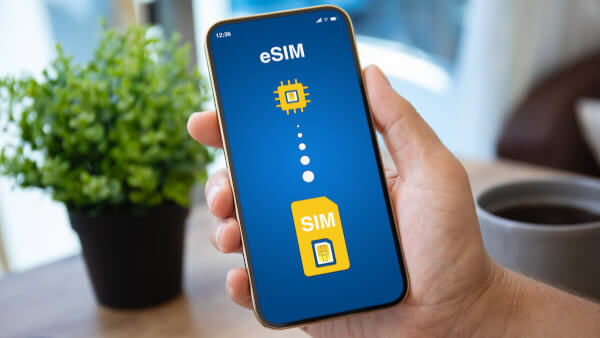
Compare the best eSIMs for international travel. Our guide covers top providers, plans, pricing, and key factors to help you stay connected abroad.
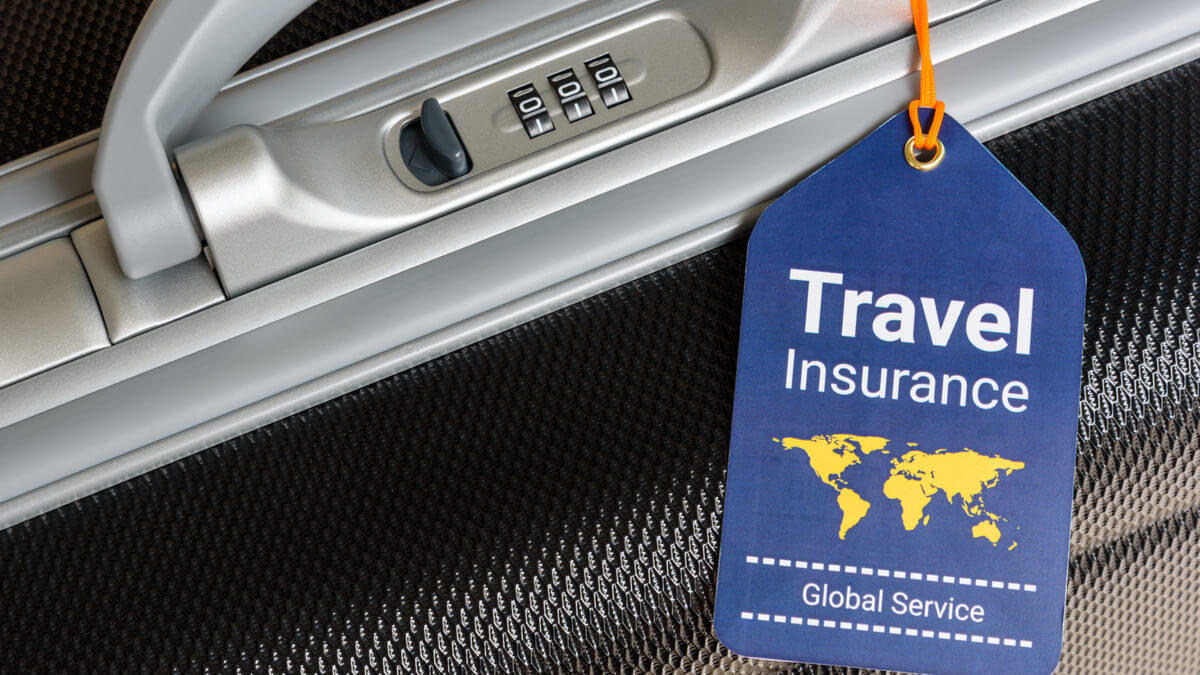
Planning your next trip? Our Cover-More travel insurance review covers all you need to know about coverage, pricing, claims process and more
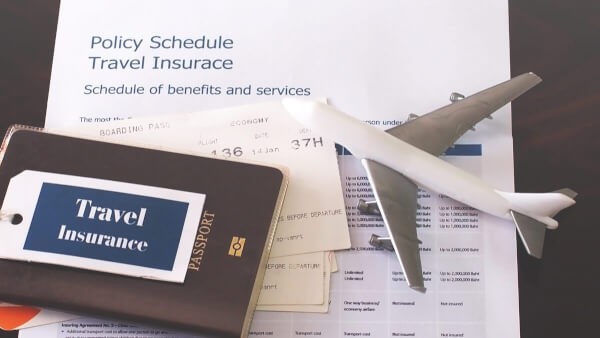
Planning your next trip? Our ahm travel insurance review covers all you need to know about coverage, pricing, claims process and more
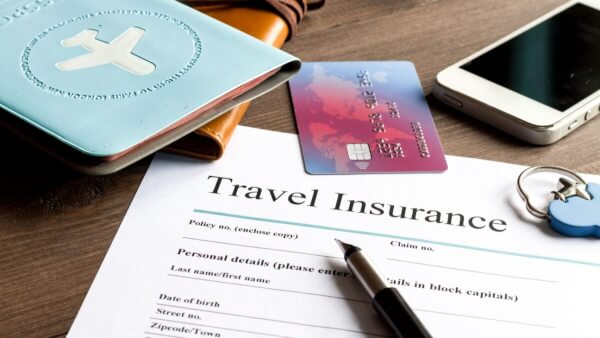
Planning your next trip? Our Fast Cover travel insurance review covers all you need to know about coverage, pricing, claims process and more
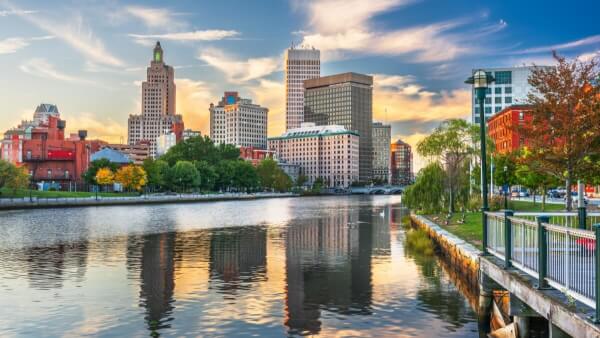
Discover how to snag amazing last-minute travel deals from Australia. Explore flights, hotels, car hire & packages with Last Minute.
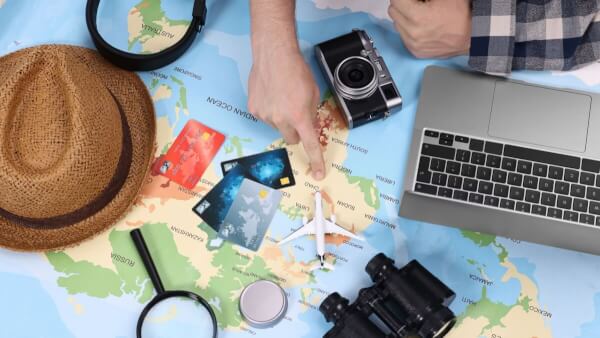
Discover the destinations where Australians can travel without a visa in our guide to visa-free countries, visa on arrival options, and ETA.